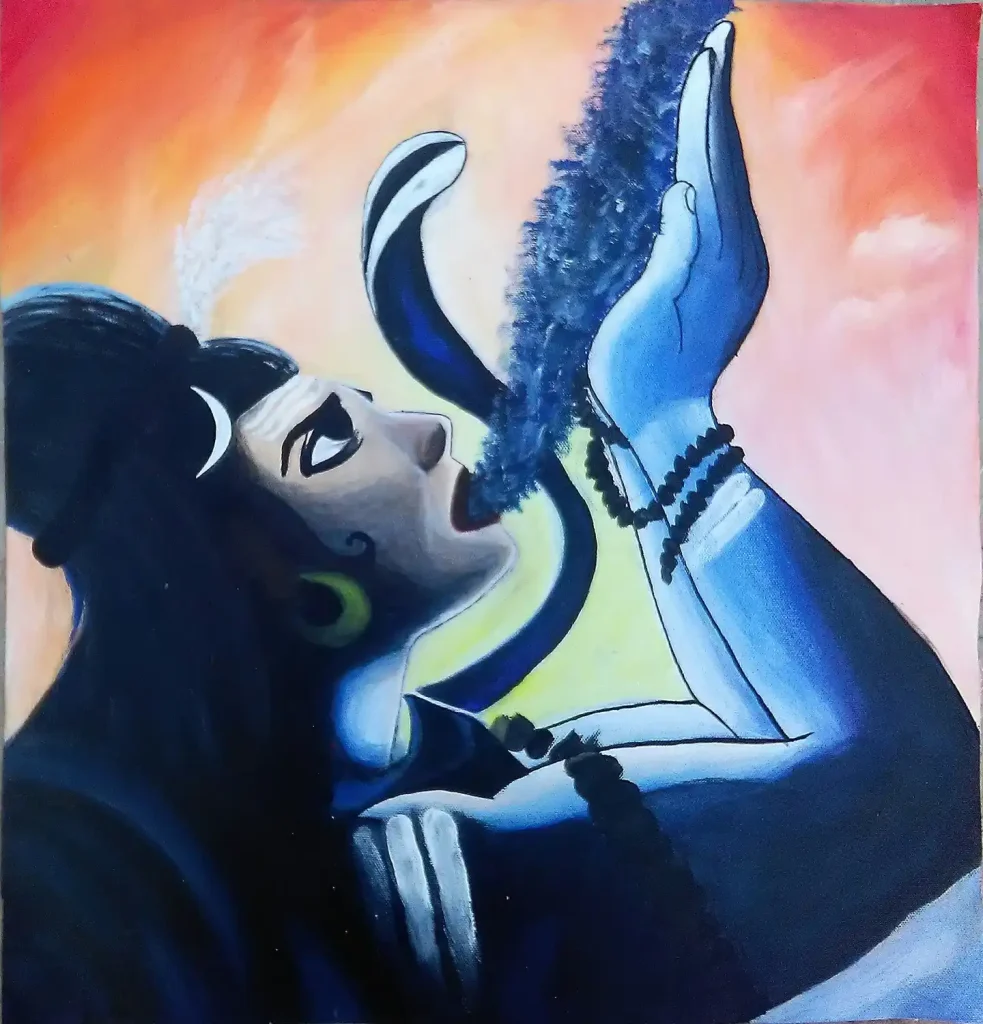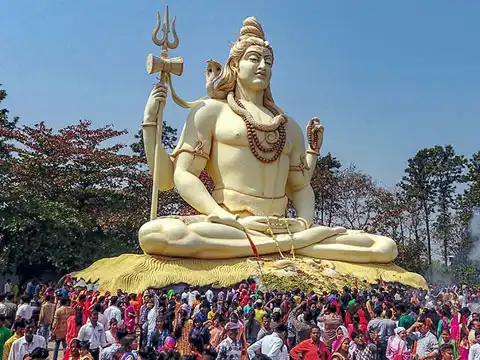Maha Shivratri is a vibrant and spiritually significant festival celebrated by millions of people around the world, particularly Hindus. It’s a time when devotees honour Lord Shiva, one of the principal deities in Hinduism, with great enthusiasm and devotion. Let’s delve into the heart of this festival to understand its significance and how it’s celebrated.

What is Maha Shivratri?
Maha Shivratri, which translates to “Great Night of Shiva,” falls on the 14th day of the dark fortnight in the Hindu month of Magha (usually between February and March). This auspicious day is dedicated to Lord Shiva, the supreme being who is revered as the destroyer of evil and the transformer of the universe.

Significance of Maha Shivratri:
According to Hindu mythology, Maha Shivratri marks the day when Lord Shiva performed the heavenly dance known as the ‘Tandava.’ It symbolises the cosmic cycles of creation and destruction. Devotees believe that observing rituals and prayers on this day can cleanse them of past sins and lead to spiritual enlightenment.
It also commemorates the marriage of Lord Shiva and Goddess Parvati.

Celebrations and Rituals:
The celebrations of Maha Shivratri vary across regions, but certain customs are observed by devotees worldwide. Many people fast throughout the day and night, offering prayers and performing special rituals like bathing the Shiva Lingam (a symbolic representation of Lord Shiva) with milk, honey, and water. Devotees also chant prayers and hymns dedicated to Lord Shiva, seeking his blessings for happiness and prosperity.

The Legend of Maha Shivratri:
There are various legends associated with Maha Shivratri, each highlighting the greatness of Lord Shiva. One popular legend narrates the story of how Lord Shiva saved the universe from destruction by swallowing the poison that emerged during the churning of the ocean. His act of consuming the poison turned his throat blue, earning him the name “Neelkanth” (the one with a blue throat).

Meditation and Spiritual Awakening:
Maha Shivratri is also a time for introspection and meditation. Many devotees stay awake throughout the night, engaging in meditation and chanting prayers. It’s believed that staying awake during this night-long vigil can awaken one’s inner consciousness and bring them closer to the divine.

Cultural Significance:
Beyond its religious significance, Maha Shivratri holds cultural importance as well. It’s a time for communities to come together, share meals, and participate in various cultural performances and events. The festival promotes unity and harmony among people of different backgrounds, fostering a sense of collective celebration.

Conclusion:
Maha Shivratri is not just a festival; it’s a spiritual journey that brings people closer to Lord Shiva and to each other. Through rituals, prayers, and acts of devotion, devotees seek blessings, wisdom, and inner peace. As we celebrate Maha Shivratri, let us embrace the teachings of Lord Shiva and strive for a world filled with love, compassion, and understanding.




